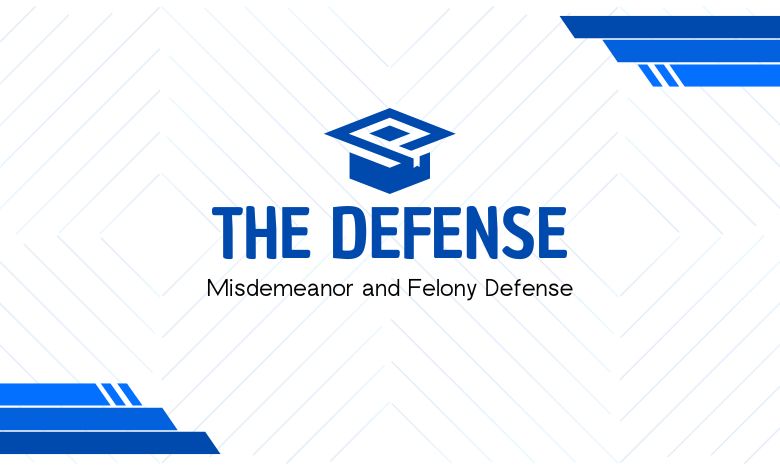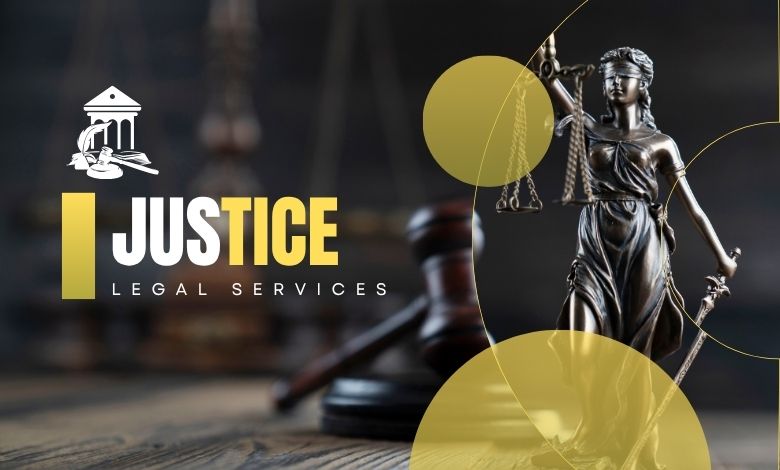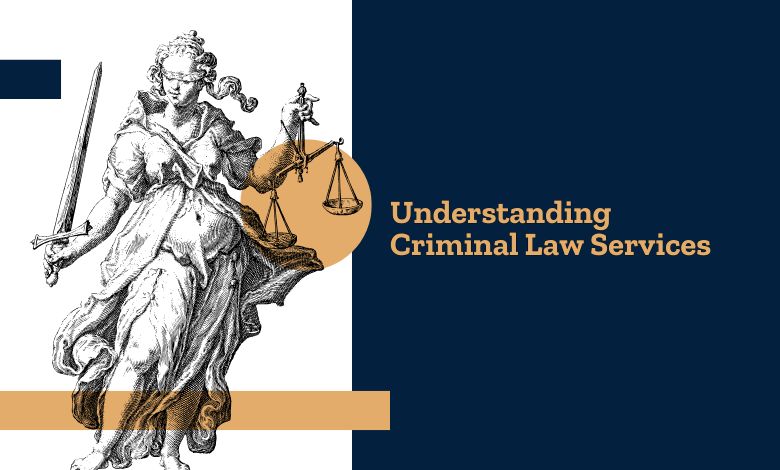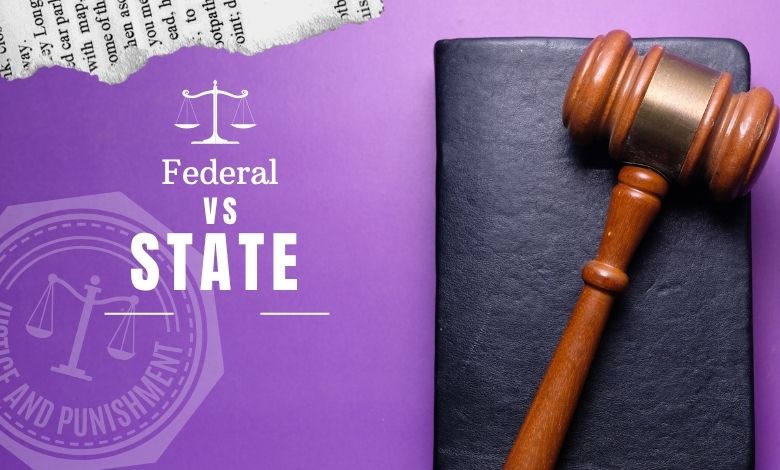Key Differences Between Misdemeanor and Felony Defense

When facing criminal charges in the United States, the severity of the offense plays a major role in shaping your legal strategy, possible penalties, and the complexity of your defense. The criminal justice system divides crimes into two main categories: misdemeanors and felonies. While both require strong legal representation, there are key differences between defending a misdemeanor and defending a felony that every defendant should understand.
1. Severity of the Crime
The most fundamental difference between a misdemeanor and a felony is the seriousness of the offense:
- Misdemeanors are considered less severe crimes and typically carry lighter penalties. Examples include petty theft, public intoxication, disorderly conduct, and first-time DUI offenses.
- Felonies are serious crimes with harsher consequences. Common examples include armed robbery, assault with a deadly weapon, drug trafficking, rape, and homicide.
Because of the stakes involved, felony cases are usually more complex and require a more aggressive and carefully constructed defense.
2. Potential Penalties
The legal penalties for misdemeanors and felonies differ significantly:
- Misdemeanor penalties generally include:
- Jail time of up to one year (usually in a local or county jail).
- Fines, community service, probation, or mandatory counseling.
- Misdemeanor convictions may appear on background checks but often carry fewer long-term consequences.
- Felony penalties can include:
- A year or more in state or federal prison.
- Substantial fines.
- Long-term probation or parole.
- Loss of certain civil rights (e.g., voting, firearm ownership).
- A permanent criminal record that can affect employment, housing, and professional licensing.
A felony conviction can change the course of someone’s life, making skilled legal representation even more crucial.
3. Legal Process and Court Proceedings
Both misdemeanor and felony charges follow a legal process, but felony cases typically involve more steps and stricter procedures:
- Misdemeanor process:
- Arrest or citation.
- Arraignment (first court appearance where charges are read).
- Pre-trial hearings or plea negotiations.
- Trial (if necessary).
- Sentencing.
- Felony process:
- Arrest and booking.
- Arraignment.
- Preliminary hearing or grand jury indictment.
- Pre-trial motions and discovery.
- Trial (if the case proceeds).
- Sentencing.
Felony cases may take months or even years to resolve, while misdemeanor cases are often resolved more quickly. The added steps in felony cases allow the defense more opportunities to challenge evidence or negotiate outcomes, but also require a more in-depth legal strategy.
4. Defense Strategies and Resources
While both misdemeanor and felony cases require legal counsel, the approach to defending each type of case can vary:
- Misdemeanor defense often focuses on:
- Proving the defendant’s actions don’t meet the legal threshold for a crime.
- Seeking dismissal or diversion programs for first-time offenders.
- Negotiating plea deals to avoid jail time.
- Minimizing the impact on the defendant’s record.
- Felony defense typically involves:
- Intensive investigation and evidence gathering.
- Hiring expert witnesses or private investigators.
- Filing motions to suppress unlawfully obtained evidence.
- Preparing for trial with a comprehensive defense strategy.
- Exploring constitutional challenges (e.g., unlawful search, self-incrimination).
Because of the complexity and higher stakes, felony defense often involves more time, legal resources, and collaboration between legal professionals.
5. Impact on Future Opportunities
A criminal conviction can have long-term effects, but felony convictions are generally more damaging than misdemeanors:
- Misdemeanor convictions may affect job applications or security clearances but can sometimes be expunged from your record.
- Felony convictions can lead to lifelong consequences:
- Loss of employment or professional licenses.
- Difficulty securing housing or loans.
- Restrictions on owning firearms or voting (in some states).
- Challenges with immigration status or deportation for non-citizens.
Defending against a felony charge requires a more proactive, comprehensive approach to prevent or minimize these long-term impacts.
Final Thoughts
Understanding the differences between misdemeanor and felony defense is critical if you or a loved one is facing criminal charges. While both types of charges require serious attention, felonies demand a deeper legal strategy due to their complexity and the life-altering penalties they carry.
Whether you are accused of a misdemeanor or felony, seeking legal representation early can make a significant difference. A skilled criminal defense attorney will help protect your rights, guide you through the legal system, and work toward the best possible outcome for your case.
If you’re unsure about the nature of the charges or what to expect from the process, consult a qualified criminal defense lawyer immediately. The right legal support can be the key to safeguarding your future.



